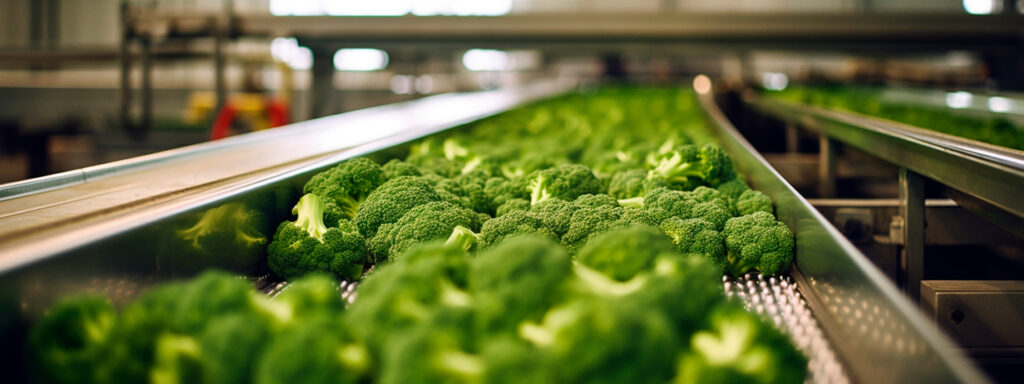Health is a key topic for companies in the food industry. This is driven not only by a growing demand from consumers for healthy food, but also by changing regulations regarding product composition and the need for transparency.
Companies face significant challenges. This ranges from reformulating products to achieve better nutritional value (for example for the Nutri-Score) to navigating health claim regulations. Additionally, they must find a balance between taste, affordability and nutritional content to satisfy consumers' elevated expectations.
This requires a focus on innovation, investment in research and development, and strategic repositioning of products. It is also essential to remain competitive in a market that increasingly values health!


Digitalisation and the use of artificial intelligence (AI) offer opportunities for the food industry by enhancing efficiency, innovation, and customer satisfaction!
However, implementation requires significant investments, attention to data privacy, and adaptation to regulatory frameworks. Companies must be strategic, invest in technology and training, and focus on cybersecurity to overcome technological and organizational challenges while responding to consumer expectations and meeting regulatory requirements.
Curious about the potential of AI for you or your business? Looking to navigate the path to digitalisation but uncertain of the steps? We offer hands-on, accessible guidance every step of the way.
Or discover the latest trends in the field of AI and ChatGPT together with your team and learn how you can use AI in your work.
The growing attention to alternative (plant-based) protein sources has become a fundamental shift in the food industry, driven by sustainability, health and animal welfare.
The protein transition opens up opportunities for innovation and market expansion in plant-based products, yet it also poses challenges. Fully embracing this movement demands investment in development, adjustments to the current supply chain, and engagement with increasingly critical consumers.
Addressing these complex issues requires clear strategic objectives and flexibility to succeed.


The introduction of the Corporate Sustainability Reporting Directive (CSRD) requires companies in the food industry to report detailed sustainability performance. This has ensured that sustainability has taken on a more urgent and, above all, tangible role for many companies.
They now have to report directly according to CSRD (scope 1 and 2) or respond to questions from parties within their supply chain (scope 3). This development emphasizes the need to comply with stricter regulations and the expectations of governments, stakeholders and increasingly critical consumers.
The challenges lie in measuring and reducing the ecological footprint and communicating the efforts transparently. This requires not only compliance with new reporting standards, but also fundamental business changes.
Demo Description
This will close in 0 seconds